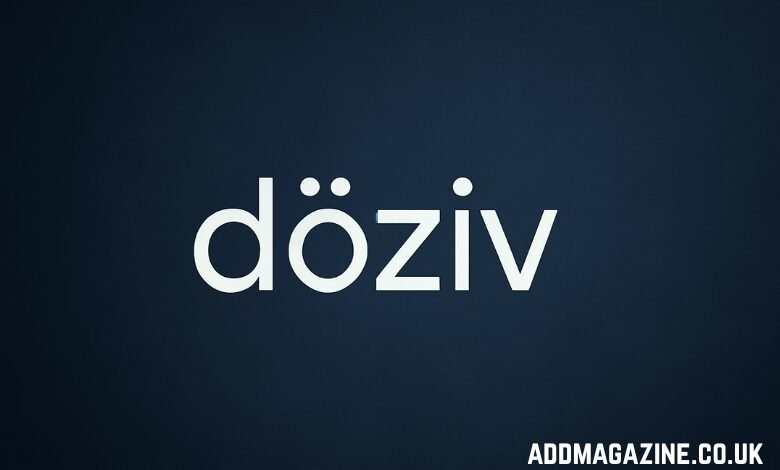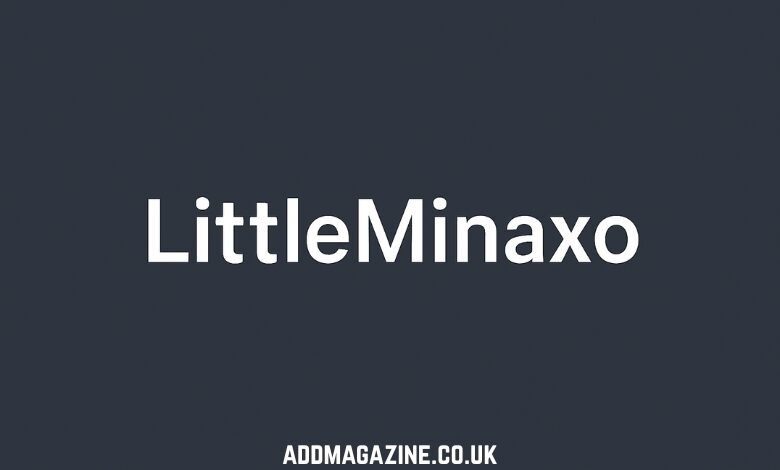The term “Lumon” may not be familiar to many, but it carries meaning in two distinct contexts: one in the realm of popular culture, and the other in the world of architecture and business. While the word itself isn’t commonly found in everyday conversation or in most dictionaries, its relevance in specific fields has made it an interesting point of reference.
In this post, we will explore the definition of “Lumon” from both its fictional representation in the hit TV series Severance and its real-world application as a name for a company that specializes in balcony glazing systems. Whether you have encountered the term while watching Severance or came across it while researching architecture, this post will provide a deeper understanding of the word’s significance and meaning in both contexts.
1. The Fictional Definition of Lumon: Lumon Industries in Severance
One of the most prominent uses of the term “Lumon” comes from the critically acclaimed TV series Severance, which first aired on Apple TV+. In this dystopian thriller, Lumon Industries is a fictional company that plays a central role in the show’s exploration of identity, memory, and corporate control.
Lumon Industries and the Concept of “Severance”
At the heart of Severance is the concept of “severance,” a procedure in which employees undergo a surgical operation that splits their memories between work and personal life. Employees, or “severed” workers, have two distinct personalities: one that exists in the workplace (the “innie”) and one that lives outside of it (the “outie”). The employees have no memory of their personal lives while they are working and no recollection of their work while they are at home. This division creates a strange and unsettling environment where the boundaries of personal autonomy and corporate control are blurred.
The show’s depiction of Lumon Industries as a powerful, secretive, and manipulative corporation draws attention to the implications of technological control over human consciousness. It raises questions about the ethics of corporate power, the nature of work-life balance, and how far organizations are willing to go in order to maintain control over their employees. Lumon becomes a symbol of a dystopian future where work is no longer just a place where people go to earn a living but rather a mechanism for dividing and controlling people’s very selves.
The Symbolism Behind the Name “Lumon”
The name “Lumon” itself has an interesting symbolic layer. While not explicitly explained in the show, it can be inferred that it is derived from the Latin word lumen, meaning “light” or “illumination.” In the context of the show, Lumon could represent both the literal and metaphorical light — a light that illuminates the lives of its employees but in a very controlled, filtered way. The company claims to offer employees an idealized, “perfect” work-life balance by separating the two halves of their personalities. However, the reality of this severed existence suggests a much darker view of work and personal life as being two separate, controlled entities.
The juxtaposition of light and darkness, both in terms of the company’s actions and its effects on employees, helps build the eerie, unsettling atmosphere of Severance. Lumon Industries represents a world where work is elevated above personal freedom, and the light that is meant to guide employees to balance instead casts them into shadow.
2. The Real-World Definition of Lumon: Lumon Group and Architectural Glazing
Beyond the world of fictional television, the name “Lumon” is also associated with a real-world company that operates in the architectural industry. Lumon Group, founded in Finland, specializes in providing innovative solutions for glazing systems, particularly for balconies, terraces, and other outdoor spaces. This company’s work offers a stark contrast to the dystopian portrayal of “Lumon” in Severance, but the common thread between both uses of the term is an emphasis on transformation — whether that’s through corporate control or architectural innovation.
Lumon Group: A Leader in Glazing Systems
Lumon Group is a family-owned business that has been designing and manufacturing high-quality glazing solutions since 1978. The company’s main products include frameless glass systems for balconies, terraces, and patios, which provide both aesthetic and functional benefits to buildings and homes. Lumon’s glazing systems are designed to protect outdoor spaces from the elements, reduce noise pollution, and increase energy efficiency.
One of the standout features of Lumon’s products is their ability to create flexible, open spaces that can be used year-round, regardless of weather conditions. By installing Lumon’s balcony glazing systems, building owners can maximize the usability of their outdoor spaces, allowing them to enjoy the view and fresh air without the discomfort of wind, rain, or snow.
The Benefits of Lumon’s Glazing Systems
Lumon’s balcony glazing products are not just about aesthetics. They are designed with practicality in mind, offering numerous benefits to both homeowners and property developers. Some of these advantages include:
- Improved insulation and energy efficiency: The glazing systems help to maintain a more consistent temperature in the home, reducing heating and cooling costs.
- Noise reduction: The glass panels provide excellent sound insulation, which is especially useful in urban environments where traffic and other noises can be a significant disturbance.
- Enhanced security: The transparent panels provide an extra layer of security by making it more difficult for intruders to enter the building unnoticed.
- Increased property value: The addition of high-quality glazing systems can increase the overall value of a property by enhancing its appearance and functionality.
- Durability and ease of maintenance: Lumon’s systems are made from durable materials that require minimal upkeep, making them a long-term investment for homeowners and property managers.
Lumon Group has expanded its operations beyond Finland, providing its products to countries across Europe and beyond. With a focus on innovation, the company has earned a reputation for high-quality design and reliable service.
3. Connections Between the Two Definitions of “Lumon”
While the term “Lumon” appears in two very different contexts — one in the world of fictional corporate dystopia and the other in the practical world of architectural design — there are some interesting connections and contrasts between the two.
Symbolism of Control and Transformation
Both uses of the word “Lumon” deal with transformation, but in different ways. In Severance, Lumon Industries represents a transformation of human identity, essentially separating and controlling the personal and professional lives of its employees. This form of “transformation” is not voluntary, and it has unsettling consequences for the individuals involved.
In contrast, Lumon Group’s products focus on transforming physical spaces, allowing people to enjoy their homes and environments in new ways. However, this transformation is based on personal choice and enhances the quality of life for its customers, rather than manipulating their identity or autonomy.
The Concept of Separation
In Severance, Lumon’s use of the severance procedure reflects a literal and figurative separation of employees from their true selves. This separation highlights a deeper commentary on the dehumanization that can occur within corporate structures.
On the other hand, Lumon Group’s products focus on the separation of indoor and outdoor spaces, but in a more positive and practical way. The glazing systems create a barrier against the elements while allowing residents to remain connected to nature and their surroundings.
Corporate Influence vs. Design Innovation
While Severance uses Lumon Industries to explore the darker side of corporate power, Lumon Group represents a more constructive and beneficial form of influence, where design and innovation are used to improve people’s everyday lives.
4. Conclusion: What Does Lumon Mean?
The term “Lumon” can be understood in multiple ways, depending on the context in which it is used. Whether it’s the sinister, controlling corporation in Severance, or the innovative architectural glazing company, the name evokes a sense of transformation — either through the manipulation of identities or through the creation of more livable and efficient spaces.
In the case of Severance, Lumon Industries represents the darker side of corporate culture, where control and separation are key themes. Meanwhile, Lumon Group’s focus on improving living spaces through technology and design offers a more positive and practical interpretation of the term.
Ultimately, “Lumon” serves as a reminder of how language and branding can shape our perceptions of the world, whether we are dealing with a fictional company or a real-world brand. While the term may have different meanings depending on where you encounter it, both interpretations share a common theme of transformation — one that can be unsettling or enriching, depending on how it is applied.




